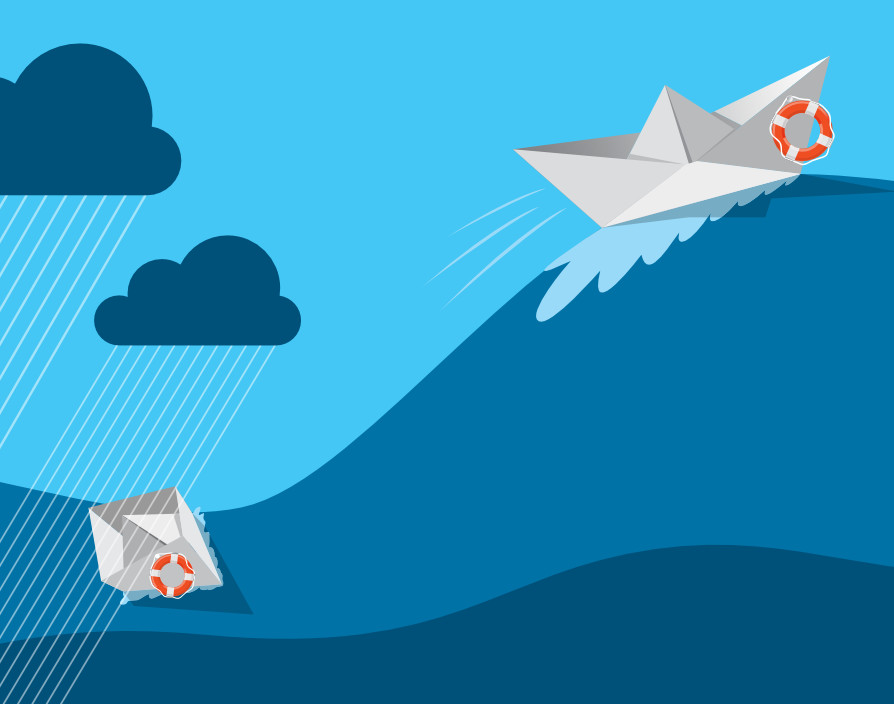Author and writer Jan Cavelle examines the importance of investing in the mental and physical wellbeing of staff.
Continuing tough times, we all know we need that magic ingredient called ‘resilience’ to survive and thrive. But how do we know when we need more? And how do we make ourselves and/or our teams more resilient? In this feature, Jan highlights three companies who have either benefited from embracing wellbeing therapy or are experienced and successful in administering it.
Joe Binder is the founder of WOAW, which is a personal branding business he started four years ago at the age of just 21. They build brands exclusively on social media and have some extremely high-profile clients. These include BBC Dragons and ex-Dragons, namely James Caan, Sara Davies, Tej Lalvani, along with a number of the most exciting tech start-ups in Europe.
His journey was catapulted forward by his hatred of being called a ‘dumb kid’ at school. Joe worked, hustled, and worked some more until he won a place at Cambridge University. He is now running a business that he expects to triple in size again this year.
Joe thinks of himself as the company guinea pig. By this, he means, if he has tried something and found it helpful then he will roll it out on the rest of the team. Growing fast has been a real challenge, both mentally and emotionally. Joe says that while he has an image of the kind of guy he wants to be, getting there and building emotional resilience is incredibly tough.
At one point in that journey, Joe felt as if all the excitement had gone, so a friend suggested therapy. As soon as he had booked the appointment, Joe felt much better. And that’s simply because he was doing something positive and taking control. He started therapy, found it brilliant and empowering, and now describes it as his ‘gym for the brain.’
His business promotes an open culture, and when it became clear that some members of the team were keen to sample therapy, Joe gave them a budget of £500 to spend. After positive feedback from the team, WOAW introduced this as a standard perk. This came as an addition to their £250 per year mental health budget, which can be spent on anything pro-active from gym memberships to headspace subscriptions.
Nina Clarke‘s company is Musical Walkabout CIC which uses the power of music to creatively engage with people suffering from dementia. There has always been an element of stress involved for those employed in an end-of-life setting. However, the pandemic has massively accelerated the company’s need to address this issue, and confront the compassion fatigue experienced by her team.
Nina discovered that Covid has had a massive impact on how the company operates in the health and social care sector, as well as on working practices in general. Therefore, a restructure was required to adapt their in-person service to online. Nina became interested in compassion fatigue during the first lockdown, having witnessed the continual strain and pressure that members of the care staff were under.
She deliberately chose a trainer who had been a nurse, and so booked a day-long session for herself and her team. She chose EF Training, which specialise in helping emotional resilience. During this journey they examined ‘compassion fatigue’, ’emotional resilience’, and ‘self-care’.
EF use various methods for exploring these issues, such as handouts, verbal and written creative tasks, group discussions, and personalised action plans. These action plans have since been implemented into both work and home lives, with progress regularly monitored.
Nina says this experience was profoundly valuable and has positively impacted everything the company do. They now acknowledge how and where compassion fatigue affects them, and therefore can monitor, support and improve their responses to the symptoms. This applies both individually and as part of a team.
They have all observed subtle shifts in attitudes and behaviours that highlight the moments when self-care is required. In turn, it has helped everyone become more emotionally resilient.
Resilience Development Co, owned by Jon Watkins, has been helping companies and teams upskill since 2013. His team members have diverse backgrounds, from psychology and counselling, to the training of industry and business owners, as well as former military personnel.
The company have identified that people lack a number of essential skills which help them to live better, work better, feel better, and generally cope with the daily challenges they face. Much of this is due to mental health issues, which can seriously damage productivity and affect how people engage with their surroundings.
Clients range from individuals to large organisations, and from many different sectors. Since the outbreak of the pandemic, the common factor that binds all of their clients has been the desire to put their people’s wellbeing, performance and growth at the forefront of their strategy to drive business growth and change.
Some of Jon’s clients are pro-active, keen to improve skills and prepare for change. Others, however, have noticed that their employees feel overwhelmed, stressed and anxious. This has led to a lowering of performance and an increase in absenteeism.
More and more companies are now recognising the need to upskill their teams at all levels, while building resilience against the negative impact caused by uncertainty and additional pressure. Resilience is more than just bouncing back and coping. It is a skillset of behaviours that work in both good and bad times.
Jon’s company addresses stress, disengagement, collaboration and productivity, while transforming how people think, feel and behave. The company’s proven and straightforward approach focuses on real-world application of actionable skills. These are designed to avoid the usual pitfalls of information overload, or the ‘one size fits all’ approach.
The purpose is to help individuals become more resilient, and so enable them to perform at their peak both professionally and personally. The result being that the negative impact of absences and anxiety decreases, while productivity travels in the opposite direction. Meanwhile, clients experience a sizeable reduction in stress levels.
However challenging life and work becomes, the secret lies in getting the right company to help. This can involve the implementation of short workshops or ongoing support ‘ or both. And the best way to measure whether a company has made the correct choice, when investing in mental and physical wellbeing, is to examine its ROI.
“
Share via:








































